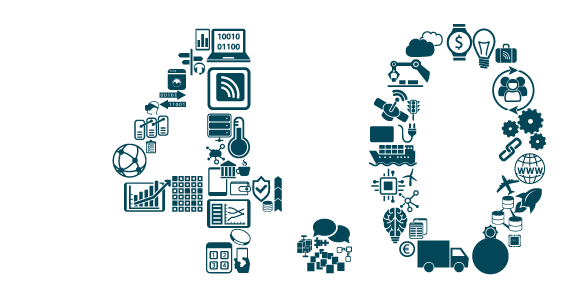I am a peculiar breed of Chinese. I picked up speaking Bahasa Malaysia as I grew up in a majority Malay area. At home, I spoke English. In my childhood years, I had minimal non-Malay friends, and as such did not end up learning any Chinese dialects.
But, one thing I did enjoy every evening were TVB dramas, typically broadcast on national TV at 7pm. It was my only source of Cantonese.
Other than learning “what is your problem?” and “busybody” in the Cantonese dialect, I unfortunately did not pick up any other phrases. What I did remember, though, was a particular scene in one of the episodes.
The restaurant owner and his customer.

Out of passion and skill, one of the characters in the show opened an upscale restaurant, serving more sophisticated food. Despite the quality of the food and ambiance, it did not manage to draw a crowd.
One day, a person who was working in a construction area nearby had dropped by to taste the food. The restaurant owner, sensing an opportunity, tried to persuade him to bring his co-workers over. The owner was confident that they would like it, as the food was good!
However, the customer had provided feedback that this is not what construction workers wanted. Despite the food being good, they want food which is cheap, fast, and large in quantity. They need to be full to work hard! If the restaurant owner was willing to cater to these needs, he will most definitely bring them over. There were many hungry workers ready to try out a new place, he said.
The turnaround.
The owner deliberated. Customers were still not coming into his restaurant. He was soon facing financial difficulties in up-keeping the cost of running the restaurant.
One day, he decided to give change a try. He invited that customer back to the restaurant, and this time, serving a menu that was cheaper, larger in quantity, and since he was skillful in cooking, it was also delicious.
Eventually, his customer brought in more of his colleagues, and they all raved about the food and the restaurant. They then promised that they’ll be frequent customers to his restaurant. All is now well. His restaurant was saved!
History repeats itself.
Similarly, real life offers many case studies. Take the example of Nokia. It was unable to see the need to innovate beyond its highly successful versions of mobile phones (remember snake?). What about Toys R’ Us? It did not see the urgency to move into e-commerce. Remember Kodak? It was huge while I was growing up, but nevertheless was made redundant when images went digital.

By examining history, what can be learned here is that the only constant that we can expect is change. There is no such thing as complete certainty. We cannot expect to land a job and assume that it will always remain there. Similarly, your relationships, health, and finances wax and wane through time. It is up to us to not take these resources and blessings for granted.
It is within the nature of the world that change is constantly happening. This happens at the extent of the ever expanding universe, and even down to the smallest particle. Isn’t it interesting that as you are reading this, the cells in your body are even being replaced with completely new ones?
Who Moved My Cheese?
In the book “Who Moved My Cheese?”, the human characters wake up each morning always expecting the mountain of cheese, to which they get their source of nutrition from, to always be there. On the other hand, the mice characters always have their running shoes with them, constantly measuring volume of cheese remaining, and sniffing around for new cheese.

Not surprisingly, the cheese eventually finishes. The human characters continue to grumble and be unhappy over the situation, while the mice had already found new cheese. Which would you rather be in this fable, the humans or the mice?
Put on your running shoes.
The only control that we have over change is our attitude. Being open and adaptable to change, always looking out for opportunities, and never taking things for granted are vital attitudes in welcoming change. By having these attitudes, we avoid being complacent, and are instead ready for success.
Do you have your running shoes with you? What are you waiting for, change is around the corner!



